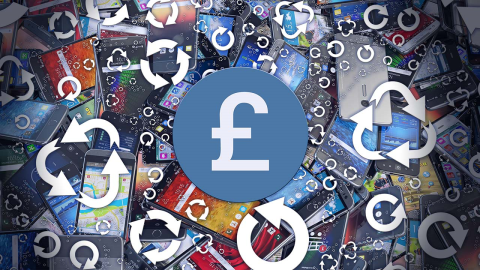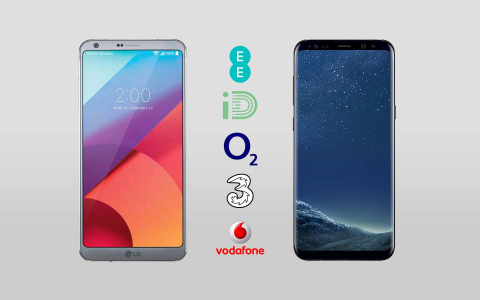

As we all recover from the recent WhatsApp outage, consider these viable alternatives which could calm those instant messaging withdrawals.
WhatsApp, the worlds most popular messaging service, faced a global outage last night that effected all of its 1 billion plus users. The service went offline around 9PM UK time, lasting roughly two to three hours. People are still facing connection issues this morning, though it’s not as inherently bad as before. The official statement by the company reads: “Earlier today, WhatsApp users in all parts of the world were unable to access WhatsApp for a few hours,” a spokesperson said. “We have now fixed the issue and apologize for the inconvenience.”
Those wondering what caused the issue are currently left without reply (excuse the pun), as WhatsApp is being extremely secretive about how it happened. The company does have a Twitter page which is used for outage reports, however its last update was in August 2016. They are still yet to release any sort of formal message on the social media website explaining the issue. If the recent WhatsApp outage has got you feeling a little ticked off (couldn’t resist another) about the worlds most popular messaging app, we’ve listed five alternatives that can take its place.
Facebook Messenger
The popular alternative to WhatsApp. It’s made by the very same company which owns WhatsApp and has the benefit of integrating directly with all your Facebook Contacts. If you fancy starting a conversation with one of the thousand friends you never speak to in real life, this could be a worthwhile alternative.
Telegram
Popular in Russia, Telegram is a viable alternative that offers practically the same functionality and is also free. It uses a proprietary encryption method based on Diffie Hellman, which if you studied computer science means it’s quite difficult to crack.
Line
Line is the messaging app of choice in Japan, taking the crown in 2013. It came about after an earthquake in 2011 destroyed large amounts of the telecommunications infrastructure in Japan, leading to the South Korean NHN Corporation developing an internet-based messaging app for communication. The app supports most of the features WhatsApp has and, in 2015, introduced end-to-end encryption for added security.
Viber
More of a corporate messaging application, Viber gained popularity for it’s reliable VoIP service. Users of the app typically prefer making voice and video calls as opposed to traditional messaging, though that function also exists. While many of Vibers unique features can now be found on other services, it’s ability to do high definition voice calling and conference chats gives it a distinct edge for corporate users.
Officially the most popular messaging app in China, WeChat has over 889 million active users and is closest to WhatsApp in terms of overall fan-base. Outside of China, it’s not particularly well used and has struggled to gain a footprint in the west. Still, WeChat has evolved far beyond a traditional messaging service, offering plenty of features which make it unique. Users can play games and compete in various fitness-based challenges, all natively within the application.
Signal
Possibly the most documented secure messaging service, Signal has actually had some of its security features integrated into WhatsApp. If that’s not enough of a compliment, we don’t know what is. The company is entirely open-source, meaning your data will not be used for advertising purposes. In fact, the only thing Signal store is your phone number and profile information. User data is not stored, with Signal assigning unique identifiers to each user, ensuring that your privacy is safe.
Silent Phone
Much like Signal, Silent Phone offers encrypted calls and messaging features. This is where similarities end however, as Silent Phone has a much more visual approach to how safe you are. Codewords which are used as the private key display on both handsets engaged in a conversation, while conference calling is available for up to six people. You can even set messages on a timer, choosing how long the recipient can see them. You can download the app freely for basic use, though a monthly subscription free is needed for encrypted calling services.
How do you feel about the WhatsApp outage? Do you have any other apps to recommend? Let us know in the comments below.





